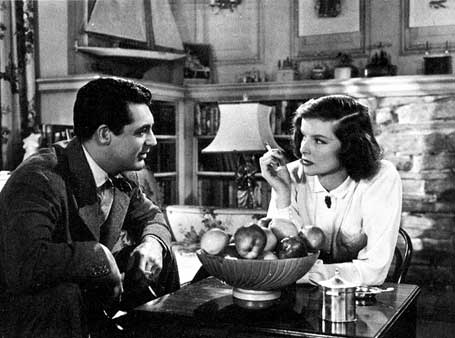 |
| Pretty posies at the U.S. Botanical Gardens |
David Brooks' column from a few weeks ago discusses (developed, often Western world) service in the developing world. Nothing he says is something I haven't heard before. But he describes his view of "useful" foreign aid succinctly and accurately and with poignant, relevant examples of young people serving humbly without any expectations. I don't always agree with Brooks but every so often, he puts into words exactly what I feel about things. His view seems very grounded in reality.
I think about service every day. The premise of my alma mater, Boston College, was "men and women for others." I shaped much of my undergraduate experience around this premise. I focused my coursework towards international studies, wanting to inform my worldview. My years since have been peppered with volunteering - mentoring, tutoring, Habitat for Humanity. I don't feel like I am truly living unless I am serving others in some context outside of the realm of my for-profit professional activities (in other words, my job).
Several of my friends have accomplished full-time service experiences - Peace Corps, Americorps, and other non-governmental programs. I think about doing the same every day. I have come so close to so many different service experiences over the years. And the fact that I haven't really does weigh on me. I have a completed Peace Corps application just sitting there, waiting (I finished it the day I got the call regarding my current job in Washington). An offer to teach with the New York Teaching Fellows came last year after I want through the entire interview process (it was the exact opposite of the placement I wanted, so I refused on the basis that it would not be fair to the students or me to take this assignment).
In really thinking about why I haven't actually taken the plunge to do the service abroad or just a full-on service experience, I realize that perhaps I am not completely built for the experiences I have encountered thus far. I don't think I have the chops to be totally isolated in a foreign land for an extended period of time, to be parted from my family, friends, and culture for over 2 years. I really don't. But oh, how I wish I did.
I think perhaps I am better serving here in the U.S., where there is a great need. I think we often forget this fact, being so focused (and rightly so) on the developing world across the oceans. There's a lot of need here - our country is kind of in trouble in terms of slipping standards of living and education statistics. I have had rich service experiences here. Lately I have been thinking about being a teacher (following in the footsteps of my incomparable, ever-talented mother). Because I cannot sit at desk and computer for 8 hours a day for the rest of my life. I just cannot. I need people. I need connection. The best experience was working as a literacy aide in the Boston Public Schools during college. I need to feel like I am working toward something positive. I just have not felt that in any of my jobs thus far. I know this possible career choice means less glamour and a smaller paycheck, but that's not a bad thing. For I think, in the end, I value the preservation of my spirit over the thickness of my pocketbook.
Several of my friends have accomplished full-time service experiences - Peace Corps, Americorps, and other non-governmental programs. I think about doing the same every day. I have come so close to so many different service experiences over the years. And the fact that I haven't really does weigh on me. I have a completed Peace Corps application just sitting there, waiting (I finished it the day I got the call regarding my current job in Washington). An offer to teach with the New York Teaching Fellows came last year after I want through the entire interview process (it was the exact opposite of the placement I wanted, so I refused on the basis that it would not be fair to the students or me to take this assignment).
In really thinking about why I haven't actually taken the plunge to do the service abroad or just a full-on service experience, I realize that perhaps I am not completely built for the experiences I have encountered thus far. I don't think I have the chops to be totally isolated in a foreign land for an extended period of time, to be parted from my family, friends, and culture for over 2 years. I really don't. But oh, how I wish I did.
I think perhaps I am better serving here in the U.S., where there is a great need. I think we often forget this fact, being so focused (and rightly so) on the developing world across the oceans. There's a lot of need here - our country is kind of in trouble in terms of slipping standards of living and education statistics. I have had rich service experiences here. Lately I have been thinking about being a teacher (following in the footsteps of my incomparable, ever-talented mother). Because I cannot sit at desk and computer for 8 hours a day for the rest of my life. I just cannot. I need people. I need connection. The best experience was working as a literacy aide in the Boston Public Schools during college. I need to feel like I am working toward something positive. I just have not felt that in any of my jobs thus far. I know this possible career choice means less glamour and a smaller paycheck, but that's not a bad thing. For I think, in the end, I value the preservation of my spirit over the thickness of my pocketbook.

.jpg)















.jpg)

.jpg)